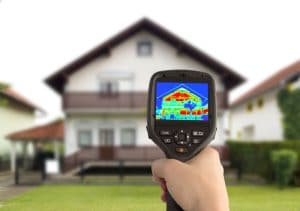 You may have heard of thermal imaging equipment and its use for home inspections, but did you know that the specifics and details of the technology are incredibly interesting? Be sure to read on, it might amaze you.
You may have heard of thermal imaging equipment and its use for home inspections, but did you know that the specifics and details of the technology are incredibly interesting? Be sure to read on, it might amaze you.
So before you schedule the pros in San Diego to conduct a thermal imaging inspection of your home, read on to learn more about its use, benefits, and applicability.
What should I know about thermal imaging equipment?
Thermal imaging equipment is a highly-utilized type of equipment that many fields of science rely on for measurements, analysis, and inspection. One of its main benefits is its relative ease of use which makes it available for home inspection utilization.
Here are some notable details regarding this useful technology:
1. The colors of a thermal camera
Rather than a normal image, the thermal camera shows us areas of the house in several different colors. Of course, all these colors have their meanings, but the main gist is that lighter and brighter colors, like red, yellow, and white are used to indicate warmer areas of the house, while blue and darker colors all the way to black tend to indicate colder and darker spots.
By knowing this simple detail, we can deduce whether a certain area of the house is warmer or colder than usual.
2. The thermal camera can’t see through walls
There is a common misconception that thermal cameras can “see” through walls, meaning they can detect heat signals from the opposite side of the wall.
The origin of this misconception probably lies in various Hollywood action films. However, the reality is much more boring than that. Thermal cameras, unfortunately, cannot “see through” walls. They may see the internal heat of the walls, but for the most part, you won’t be able to pick up heat signals from the other side.
3. You can(‘t) hide from a thermal camera
Another common misconception that originates from Hollywood is that we would be able to hide from thermal cameras if we increase the temperature of the room in order to “fool” the camera or use something like mud (looking at you, Arnie!) to hide our body heat. However, in reality, that is not the case because cameras can still pick up our body heat just fine.
This is because thermal cameras do not rely on visible light to pick up heat sources but on infrared light. The only true way of hiding from a thermal camera would be to hide behind glass because thermal cameras can’t see through it. This is due to glass blocking out infrared light and, in general, being a reflective material.
4. Thermal cameras can be used in a variety of situations
Thermal imaging equipment can be applied in a huge variety of situations. Home inspections, police work, and even healthcare, the possibilities are almost endless.
As already mentioned, home inspectors like to use thermal cameras to detect various thermal anomalies around the house, while the police and the Army use thermal imaging equipment to get around darker areas and look for suspects (or the enemy in the case of the Army). Healthcare workers can use thermal equipment to detect various tissue damage and fever in humans and animals alike.
 Where in San Diego can I book a quality thermal imaging inspection company?
Where in San Diego can I book a quality thermal imaging inspection company?
Whether your house is situated near the San Diego Zoo or elsewhere in the area, we’re here for you. We are The Inspectors Company, a professional home inspection company that offers high-quality services to all residents of the San Diego area! Our inspection services are carried out by licensed, experienced, and reliable home inspectors that will leave no stone unturned, so if there are any problems within your home, we will find them and let you know.
Call us today and book an inspection for your home so that you are made aware of any potential issues that might need taking care of.
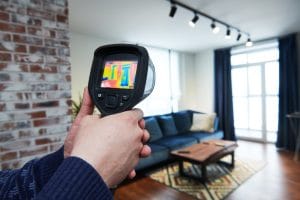 Where in San Diego can I book a quality thermal imaging inspection company?
Where in San Diego can I book a quality thermal imaging inspection company?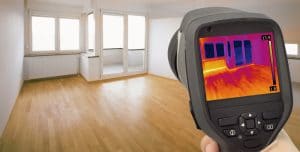 If you’re wondering what thermal imaging is, you’re not alone. It’s a technology that allows you to see thermal radiation. This means that you can see things that are normally invisible to the human eye, such as heat loss and energy leaks.
If you’re wondering what thermal imaging is, you’re not alone. It’s a technology that allows you to see thermal radiation. This means that you can see things that are normally invisible to the human eye, such as heat loss and energy leaks. Where can I find a reputable thermal imaging inspection in San Diego?
Where can I find a reputable thermal imaging inspection in San Diego?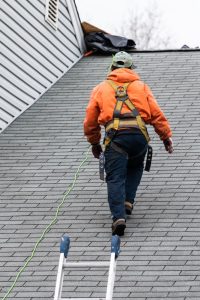


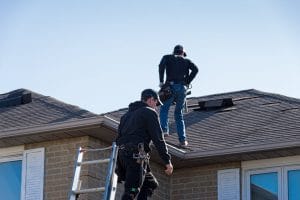
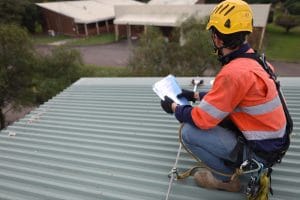 Why should you get a professional roof inspection?
Why should you get a professional roof inspection?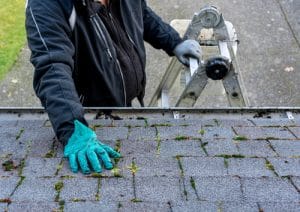 Where can I find a professional roof inspection service in San Diego, CA?
Where can I find a professional roof inspection service in San Diego, CA?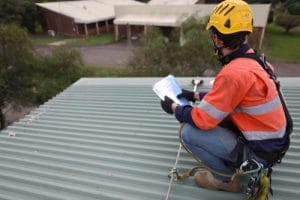 Should I get a roof inspection?
Should I get a roof inspection?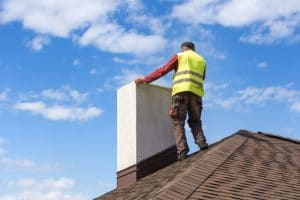 Where can I find reputable roofing inspectors in San Diego, CA?
Where can I find reputable roofing inspectors in San Diego, CA?
 What does a foundation inspection include?
What does a foundation inspection include?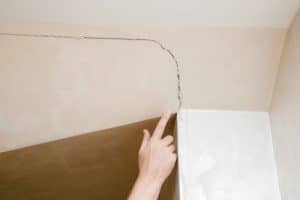 Are foundation issues a deal-breaker in a home inspection?
Are foundation issues a deal-breaker in a home inspection?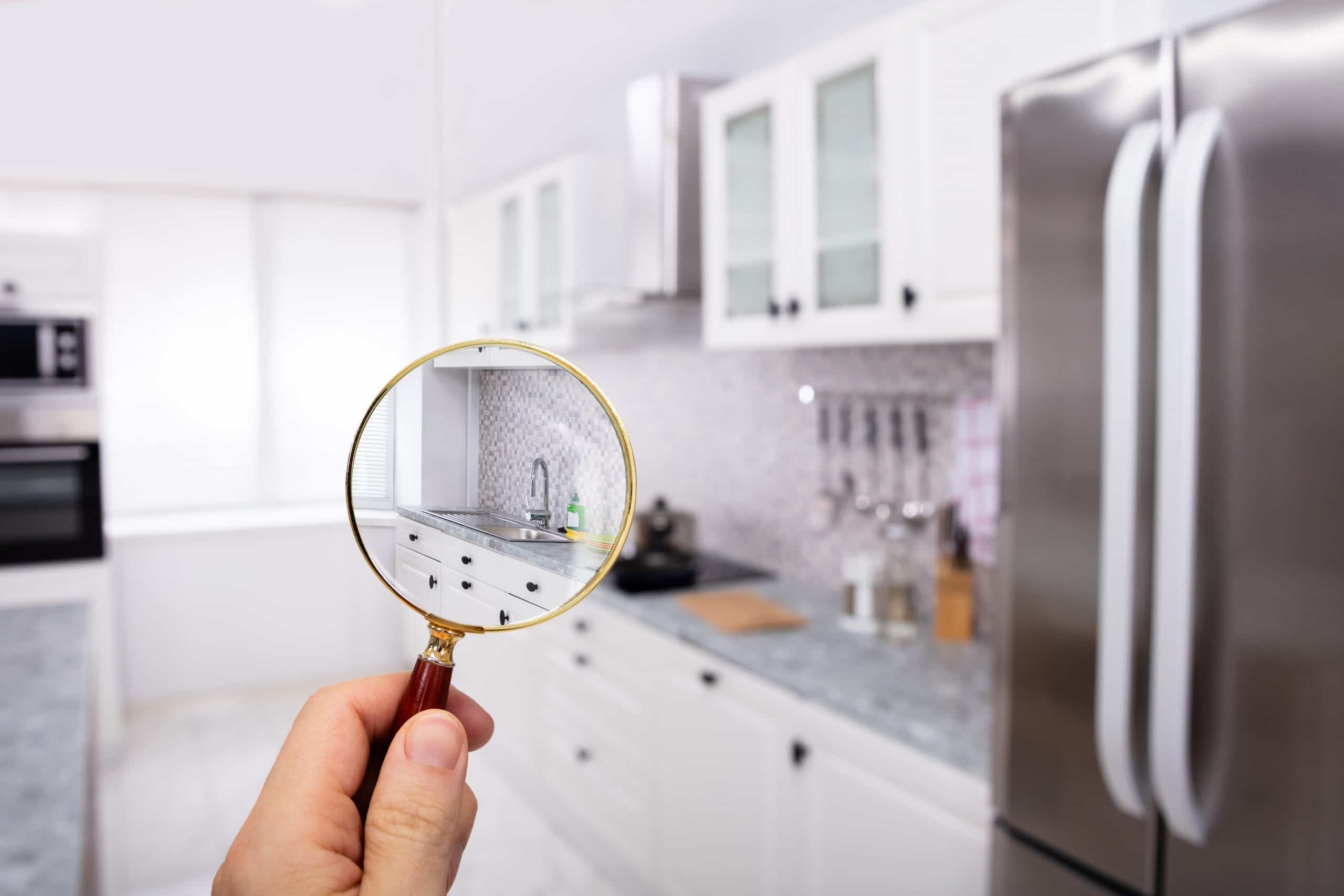



 Here are some of the most common home inspection myths that need debunking:
Here are some of the most common home inspection myths that need debunking: Where can I find an experienced home inspector in Chula Vista & the vicinity?
Where can I find an experienced home inspector in Chula Vista & the vicinity?

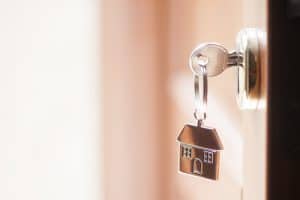 Where in Chula Vista can I get a first-rate home inspection?
Where in Chula Vista can I get a first-rate home inspection?